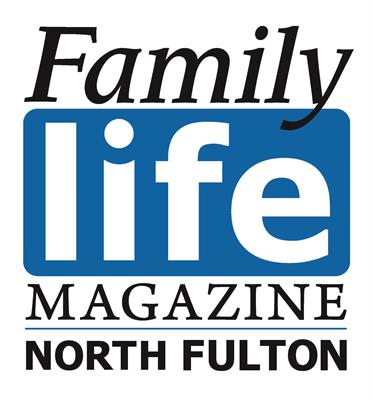

Furthermore, national studies suggest that many oncologists are unsure of what to do with this information, even when it is collected, and some are uncertain as to why they would need to know the SOGI of their patients. One challenge in improving the quality of care for SGM patients with cancer is the lack of collection of sexual orientation and gender identity (SOGI) data in the medical record. 29 Likes, 0 Comments - GEMS DUCES (gcssnewsletter) on Instagram: 'Editorial Article: Youth Speak Forum 2023 To conclude, GCS is proud of all of the s. of experiencing health disparities that may be caused, in part, by stigma and discrimination, as well as by the oncology provider’s lack of knowledge and, therefore, lack of comfort in treating this population. Although each group is distinct, they share the common bond. Typically, LGB refers to sexual orientation, T refers to gender identity, and Q may refer to either. Although SGM is a research term, this population is often known as lesbian, gay, bisexual, transgender, queer (LGBTQ). Sexual and gender minority (SGM) individuals encompass a broad spectrum of sexual orientations and gender identities. Thus, gender-sensitive mental healthcare may need to extend beyond binary views limited to men and women. This variation may be accounted for by unique social experiences and contexts including violence, discrimination, cultural expectations, and social roles. Rates and factors of depression, anxiety, and stress varied according to gender. Working, studying, and living with peers had protective effects against anxiety and stress among heterosexual cisgender men and women. While age may be a risk factor for anxiety among heterosexual cisgender males, it was protective for stress among LGBT+ individuals. Discrimination had the largest effect size among men and LGBT+ individuals. LGBT+ respondents experienced the highest rates of significant depression (92.0%), anxiety (93.8%), and stress (81.3%).

Afterward, logistic regression, chi-square, and descriptive statistics were done. A total of 959 young Filipino adults completed the questionnaire. This study utilized a sociodemographic questionnaire, the Daily Discrimination Scale, and the Depression, Anxiety and Stress Scale-21 (DASS-21) to determine the difference between the rates and social factors of depression, anxiety, and stress among the respondents. This study aimed to compare the rates and social factors of depression, anxiety, and stress among young adult Filipino heterosexual cisgender men and women and LGBT+ individuals. Despite these, studies that directly compare the rates and social factors of mental health conditions among men, women, and LGBT+ individuals including depression, anxiety, and stress, remain sparse. These differences may be due to their unique social experiences. Previous studies showed that Filipino young women have higher rates of certain mental disorders than men, while LGBT+ individuals have higher mental disorders rates than heterosexual cisgender individuals.


 0 kommentar(er)
0 kommentar(er)
